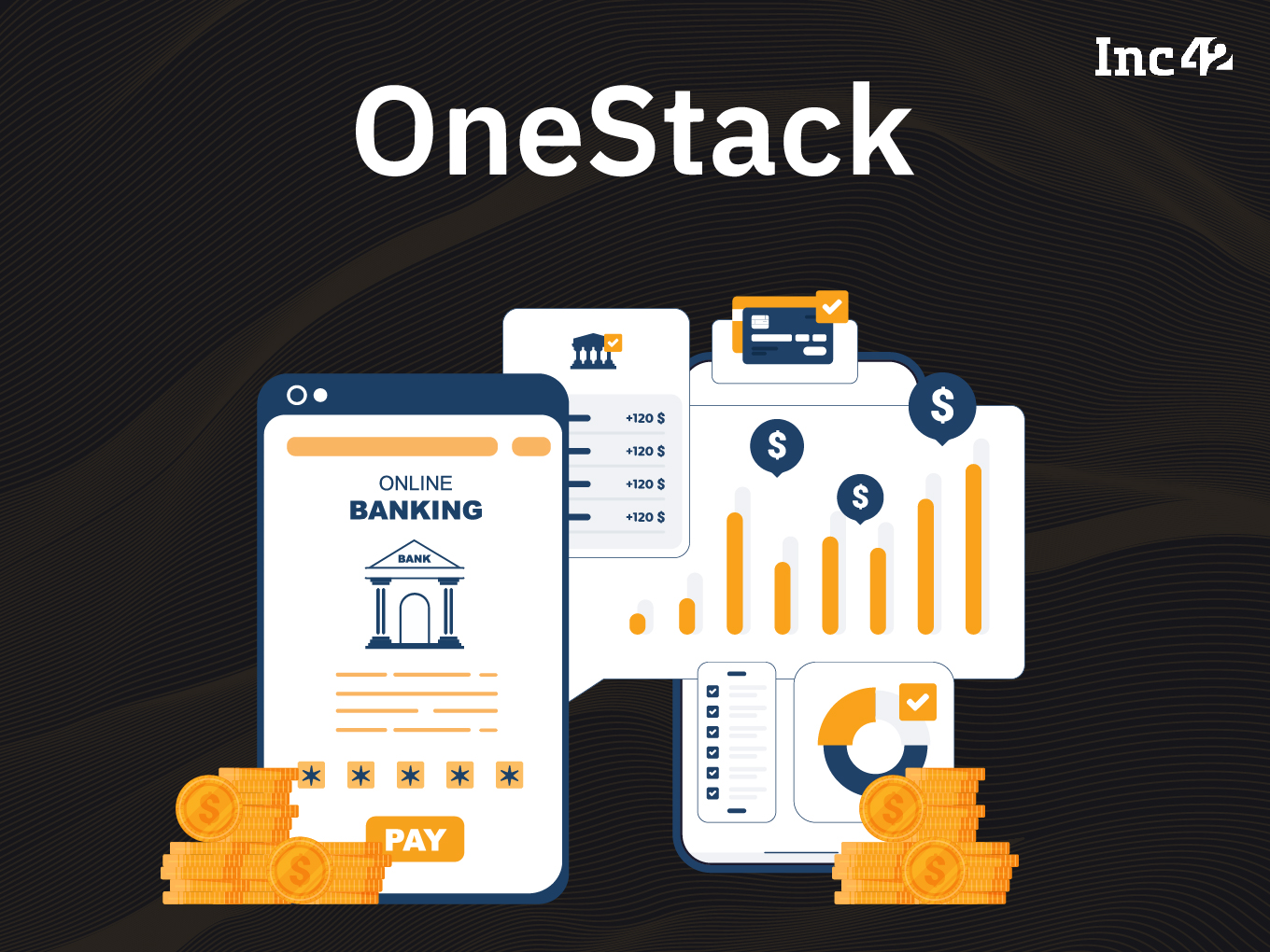At a time when being an engineer or doctor seemed to be the most preferred job positions in India, Milan Thakkar was harbouring dreams of becoming an entrepreneur.
A computer science engineer by profession, Milan did his MBA from Pune University. But just when he was about to finish post-graduation, a tragedy struck. Milan lost his father, and the family responsibility fell on his shoulders.
Looking at the circumstances, Milan felt settling in a regular job would be the wise thing to do. He got into the routine and worked with some notable companies like ICICI Bank and TCS.
The business ran for four to five years, but maintaining the cabs and operations was becoming increasingly difficult. Milan left the company, but it had given him hands-on training in entrepreneurship.
Milan says the biggest takeaway from his experience at Meru Cabs was to always focus on “creating a sustainable line of business”.
Milin Thakkar, CEO of Walplast
A new beginning
In the next few years, Milan worked with many other companies.
In 2015, Mumbai-based Walplast, founded by Ashok Mehta in 2004, got in touch with Milan. The company was into manufacturing of infrastructure raw materials. Its core product is wall putty; other products include primabond, block jointing mortars, ready-mix plaster, crack fillers, etc.
The top management of Walplast was looking at creating some value additions for the company. The B2C line of Walplast was bleeding, and Milan was given the charge to overturn the fortunes of the vertical, and was made the CEO of Walplast Products Pvt. Ltd.
He says, “On joining Walplast, I set some ground rules. This was followed by establishing new teams, getting the best of the talent from the industry for top-notch results, remaking structures, and laying norms for new governance.”
Milan also changed the face of the company. He got the website of Walplast remade to establish a greater brand value for the company.
He says, “I realised the management was not organised internally. That’s when I decided to transition to an open source ERP, ensuring the processes and operations were streamlined and automated.”
Walplast was a purely manufacturing company. The sales and marketing aspects, which were responsible for building the brand value of the company, were missing. But Milan chose to establish a clear vision and purpose.
All his efforts were paid off when the company grew at a CAGR of 80 percent in the next three years despite the slump in the infrastructure and real estate market.
The B2C arm of Walplast, which was once struggling to stay afloat, is clocking a turnover of more than Rs 150 crore. These milestones have made Walplast one of the largest manufacturers of infrastructure materials in India.
Other well-known players in the market include JK Cement and Ultra Tech Cement.
PM Modi asks Indian MSMEs to focus on the quality of products, make them 21st century ready
Decoding the success of Walplast
Milan attributes several factors to the success of Walplast. He highlights the biggest one: concentrating on "those who are at the bottom of the pyramid.”
He also says, reaffirming his first point, “Today, if you ask me, 70 percent of our business comes from rural India.”
He attributes creating a robust supply chain, wherein the materials are manufactured and delivered on time to customers, as one of the reasons for the company to see massive growth.
How this one-year-old company tapped tech to seal a deal with Reliance Jio
Future plans
Milan says he has learnt many lessons during his journey.
He says, he wants to build a product “that is affordable to anyone in the country” and “affects the people at the bottom of the pyramid”.
Wall putty remains their core product, and some new additions are being made to enter into the restoration space. Milan plans to manufacture grey cement-based products that help in concreting and plastering during construction.
Work is also in progress to develop facilities that would enable them to manufacture polymers (which are mostly imported) domestically. As a business, they also plan to diversify into the solar and water treatment space in the future.
(Edited by Megha Reddy)

 4 years ago289
4 years ago289







 English (US)
English (US)